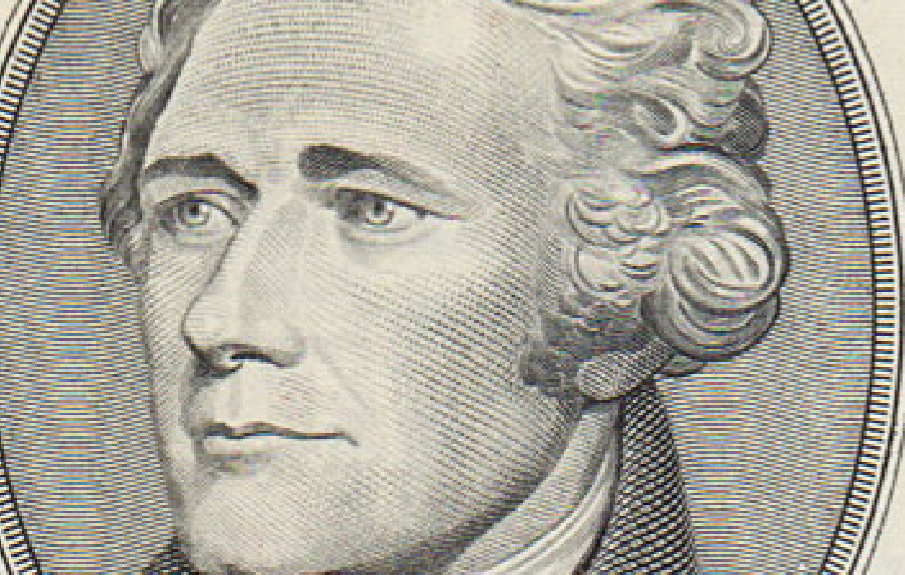We’ll begin by stating the obvious. There’s been a ton to deal with lately in the way of shootings in America, unfortunately. Between the tragedies in Dallas, Minnesota and Louisiana, and the incidents that came before it, the good citizens of the United States are just about fed up, saddened, confused and stunned seemingly all at once.
But let’s just put that aside for a minute or two (because we’re in no way trying to draw parallels) and focus on the anniversary of a gun incident that has lived in legend, infamy, television and now, in the past year or so, the bright lights of Broadway.
Two Continental Army heroes and leaders — Alexander Hamilton and Aaron Burr — squaring off in a duel on the cliffs of Weehawken, New Jersey on July 11, 1804 that left the former Secretary of the Treasury dead a day later in Manhattan from a gunshot wound. He was 47.
At the time, Burr was the sitting VICE PRESIDENT OF THE UNITED STATES OF AMERICA. Under Thomas Jefferson.
Why’d they hate each other so much? It was a lot of things. Things that had built up over a long period of time, as they traversed each other in the early days of the American political community.
To make a long story short, it started in 1791 when Burr beat out Hamilton’s father-in-law for a seat in the U.S. Senate. It then carried over into the presidential race that Jefferson ultimately won over Burr. Hamilton’s contempt for the would-be VP made him work hard within Congress to ensure Jefferson won the highest seat (he didn’t really like him either, but saw it as the lesser of two evils). He succeeded, and after some correspondence through letters, the duel was finalized.
It’s unclear whether or not Hamilton “threw away his shot” during the showdown, or just flat missed Burr. Unfortunately for the New York City icon, the veep didn’t, shot his musket ball into Alexander’s abdomen (liver and other internal organs), which caused him to collapse to the ground almost immediately, according to eyewitnesses. Burr, who some say was shaken and regretful once he realized what he’d actually done, was taken away by his mob with an umbrella, where he rowed across the Hudson River back to the Big Apple.
It effectively ended his promising political career. Jefferson ran without him in the 1804 election, and while he was brought up on murder charges in both New York and New Jersey, they were eventually dropped.
Almost two hundred years later, however, the face-off had a bevy of artistic works it directly inspired, beginning with this notable one, for a dairy campaign:
And, of course, this — the award-winning musical by Lin-Manuel Miranda (the following song in particular details Hamilton’s killer):




































